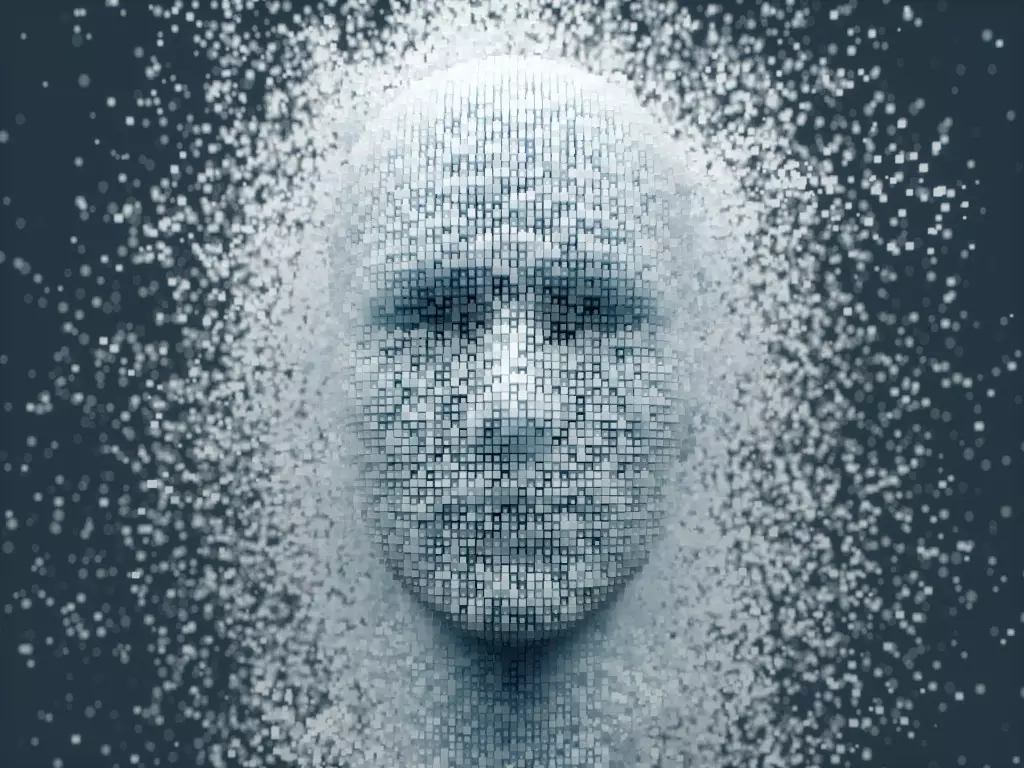In an alarming revelation, it’s been reported that thousands of actors across the United Kingdom are finding their likenesses digitally scanned on-set without a whisper of informed consent. This violation is not just a minor infringement; it’s a seismic issue that threatens the very foundation of privacy in the performing arts. An open letter penned by Equity, the British actors’ union, has sounded the alarm as it reached the negotiating table with Pact, the producers’ trade body. The letter, which has attracted nearly 1,500 signatures from notable figures in the industry—such as Tamsin Greig and Alan Davies—highlights an urgent demand for safeguards against exploitation by artificial intelligence (AI).
The reproductive power of AI comes with a dark undertone, played out in the shadows of industry practices that lack transparency. Many actors are left clueless about how their performances, likenesses, and personal data are harvested, potentially repurposed without their consent. Equity’s letter illustrates a growing dread among performers: an industry that is increasingly willing to commodify their identities in the pursuit of efficiency and profit.
The Stakes of Negotiation
The timing of this open letter is crucial, as it coincides with ongoing negotiations between Equity and Pact surrounding new collective agreements. Spanning nearly a year, these discussions have hit significant roadblocks, primarily concerning the aforementioned AI safeguards. Paul Fleming, the re-elected General Secretary of Equity, has expressed urgent concerns and emphasized that the union is “industrial action ready” if satisfactory resolutions remain elusive. This declaration is a stark reminder of the precarious balance between artistic integrity and rapid technological advancements.
While the negotiation climate is tense, it’s essential to recognize the broader implications. The threat to performers is not merely hypothetical; it could fundamentally alter how performances are created and consumed. The AI landscape has already begun to reshuffle the traditional dynamics of acting, leading to fears that the uniqueness of human performance may be rendered obsolete, replaced by soulless mechanized replicas.
Equity’s Bold Stance on AI Protections
Equity’s insistence on critical protections for its members regarding AI is both necessary and overdue. The union’s proposals have drawn inspiration from the recently established agreements in the United States through SAG-AFTRA, adapting them to fit the particularities of British culture and the acting landscape. One of the core tenets of Equity’s claim is the assertion that any deal without explicit mention of protections for personal data in relation to AI training is unacceptable. This positions the union as a formidable defender of its members’ rights while shedding light on the broader ethical landscape surrounding the use of AI in creative fields.
Equity is pushing for comprehensive frameworks that will guide the industry’s interaction with AI, ensuring that performers’ data cannot just be appropriated without consent but also that the unique nuances of their performances are not lost in the mechanization of artistry. The implications are profound, not simply for actors but for the very nature of storytelling and performance art.
Broadcasting Challenges and the Future of Equity
The confusion surrounding negotiations with major broadcasting entities such as the BBC and ITV adds another layer of complexity to an already convoluted situation. The hesitance of these institutions to include AI safeguards in their separate agreements reflects a cautious approach to the rapidly evolving technology. This reluctance to address AI until Equity and Pact finalize their discussions indicates a larger hesitation within the industry—a grappling with the consequences of a technology that can potentially reshape creative norms.
The UK government’s potential consideration of legislation requiring copyright holders to opt-out of AI exploitation underscores a significant cultural shift that is underway. Compliance with such laws, if enacted, could bolster the rights of performers and consequently reshape the industry landscape, even as it wrestles with the current inadequacies of its structures.
In this turbulent environment, it becomes crucial for actors to remain vigilant. Their collective response to this urgent situation may ultimately dictate the terms of their future and rights not just within the UK, but globally. The struggle for control over their digital selves against an advancing technological tide might well be the defining battle of this generation of performers, necessitating a renewed commitment to solidarity and advocacy.

